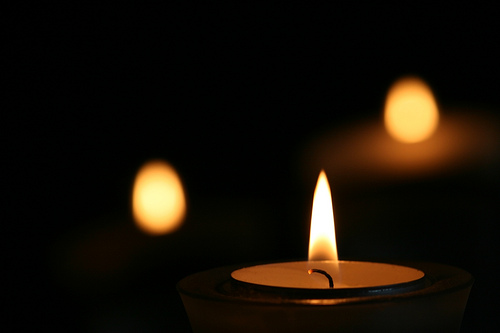Dona Nobis Pacem: Six Musical Invocations of Peace
The phrase Dona nobis pacem (“Grant us Peace”) comes from the Agnus Dei section of the Roman Catholic mass. It’s a simple, yet eternally powerful, invocation which has come to life in countless musical settings, from the serene simplicity of the traditional canon to the melodic perfection of Schubert’s Mass No. 6 in E-flat Major. At the end of Franz Joseph Haydn’s Lord Nelson Mass, it emerges as a triumphant celebration. In the twentieth century, it becomes a …



